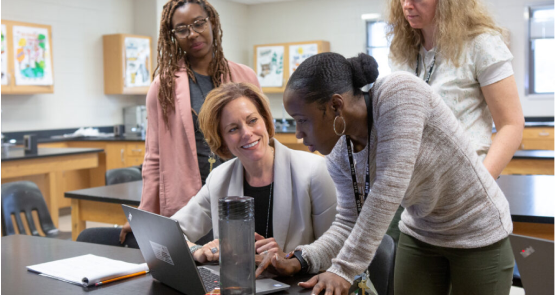Contact: Kent Fischer, [email protected]
PARIS – New research from the Reboot Foundation finds that the more people are on social media the worse their news judgment, and there are stark differences between older and younger users when it comes to falling for “clickbait” headlines.
The new report, “Is There A Fake News Generation?,” finds that many Internet users are not the sophisticated consumers of online information that they think they are. This warning is especially timely given that the United States intelligence community has repeatedly warned of foreign meddling in the 2020 presidential election, which is now only six weeks away.
The major findings of the Reboot report include:
- Older users prefer clickbait more than younger users. Those 60 years or older clicked on “clickbait” headlines 81 percent of the time, compared with 72 percent for those 30 and younger.
- The more time users spent on social media, the worse their news judgment. Researchers found this to be true regardless of a person’s age, income, or political affiliation.
- Internet users are not nearly as adept at identifying fake news and partisan websites as they think they are.
“Our research shows that people need help developing and learning the critical thinking skills necessary to be savvy, smart consumers of news online,” said Helen Lee Bouygues, the CEO of the Reboot Foundation and the author of the report. “It’s not just so-called ‘fake news’ and ‘clickbait’ – we found users to be susceptible to a wide variety of disinformation techniques.”
The study found a significant relationship between frequent social media use and overall news discernment. The relationship was unaffected by age, education, or political ideology. Put simply, the more people use social media, the worse their news judgment.
Of those who participated in the Reboot study, only about 1 percent exhibited true fact checking techniques. For example, participants often assumed that a “.org” website indicated reliable information, while others cared only that a website could be found by Google.
“Is There A Fake News Generation?” builds on an earlier Reboot report, “Going Viral,” that found misinformation on social media was contributing to the spread of the coronavirus.
The Reboot Foundation is devoted to elevating critical thinking. In a time of vast technological change, the foundation aims to promote richer, more reflective forms of thought in schools, homes, and businesses. Reboot funds efforts to integrate critical thinking into the daily lives of people, and it conducts surveys, opinion polls and original research.



